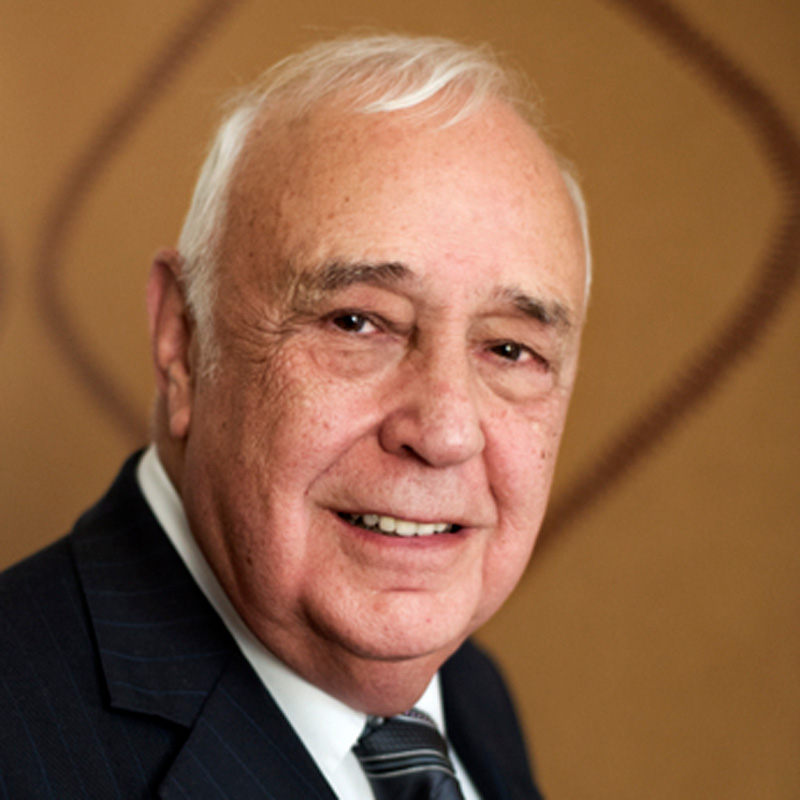
Lord Robert Skidelsky
Crossbench peer and Emeritus Professor of Political Economy at Warwick University
Lord Robert Skidelsky is a political economist and economic historian. He is best known for his major, three-volume biography of John Maynard Keynes (1983, 1992, 2000) for which he was awarded five literary prizes. He is also the author of Keynes: Return of the Master (2009), an analysis of the financial crisis; How Much is Enough? The Love of Money and the Case for the Good Life (2012), co-written with his son Edward; and co-editor of Austerity vs Stimulus (2017).
He has recently written and filmed a series of lectures on the History and Philosophy of Economics, which will be made available as an open online course in partnership with the Institute for New Economic Thinking (INET). His latest book Money and Government: A Challenge to Mainstream Economics was published by Allen Lane in September 2018, and he is now working on a book about automation and the future of work.

Launch of PEF’s new book The Return of the State
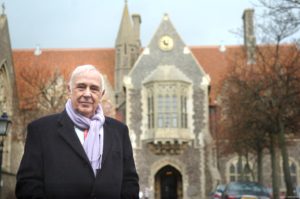
‘Keynes for Today: A Discussion’ with Giorgio La Malfa
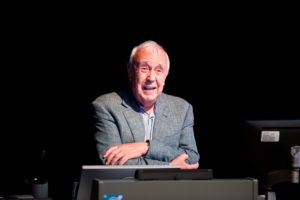
The Case for the Reinstatement of Fiscal Policy
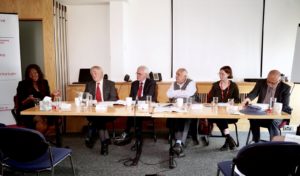
How to achieve shorter working hours – a report for the Shadow Chancellor

Keynes for Today: Lessons for the Left
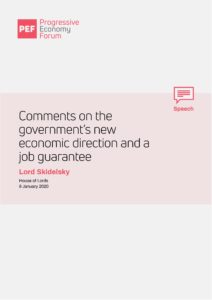
Comments on the government’s new economic direction and a job guarantee
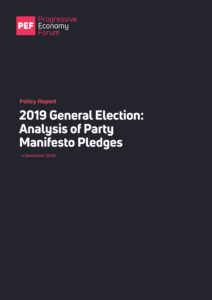
2019 General Election: Analysis of Party Manifesto Pledges
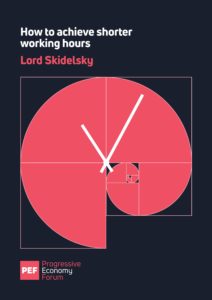
How to achieve shorter working hours
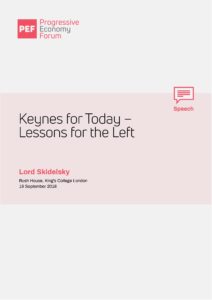
Keynes for Today
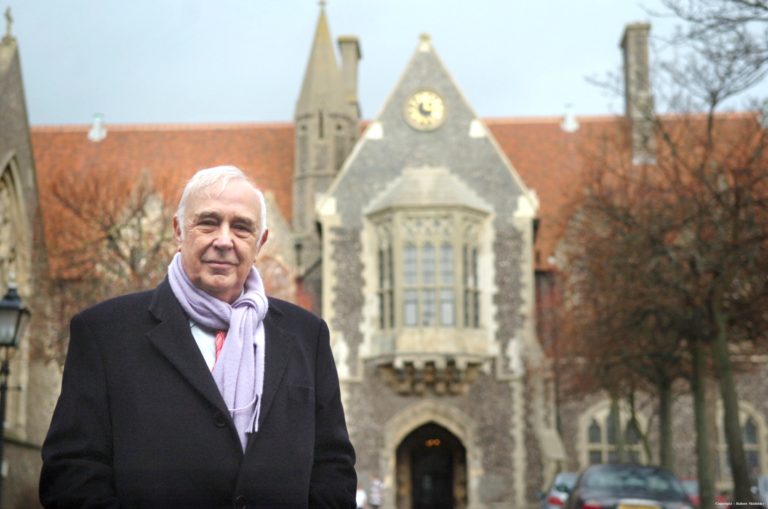
Where Has All the Money Gone?
Quantitative easing risks generating its own boom-and-bust cycles, and can thus be seen as an example of state-created financial instability. Governments must abandon the fiction that central banks create money independently from government, and must themselves spend the money created at their behest.
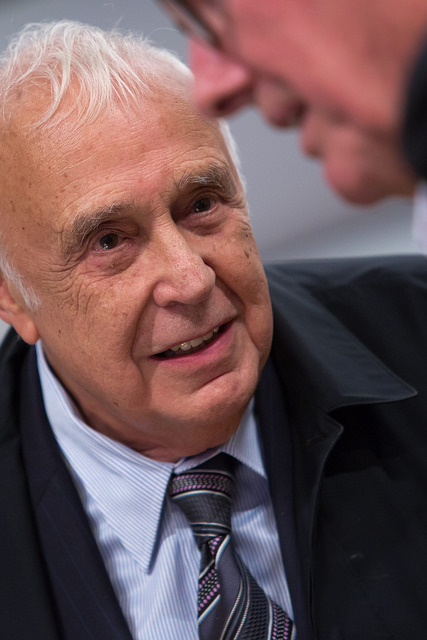
The Biden plan would be improved by federal job guarantees and compensated free trade
PEF Council member Robert Skidelsky advocates federal job guarantees and ‘compensated free trade’ to avoid inflation in the Biden plan
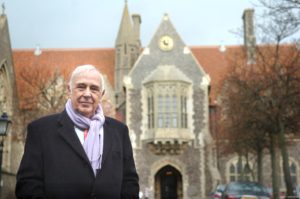
Reinstating fiscal policy for normal times
The paper outlines the case for fiscal policy to regain a permanent status of primacy in modern macroeconomic management, beyond the pandemic emergency and makes the case for public job programmes
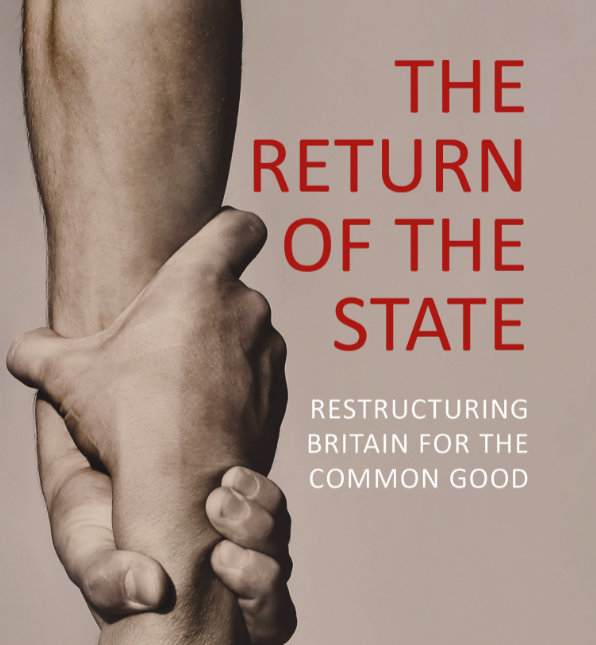
The Return of the State – authors introduce their chapters
see films clips of authors introducing their chapters in PEF’s book , The Return of the State
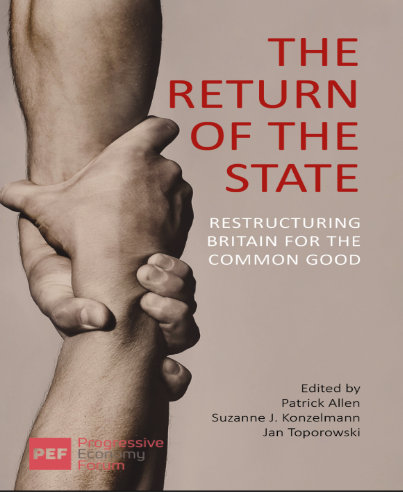
The Return of the State – Council members explain the purpose of the book
see film clips of PEF Council members explaining the purpose of PEF’s new book, The Return of the State

Robert Skidelsky – Britain’s Benefit Madness
“Work is the ultimate escape from poverty. But the futile sort demanded by the United Kingdom’s income-support scheme puts many of society’s weakest members on a path to nowhere, because it reflects a welfare ideology that fails to distinguish fantasy from reality”
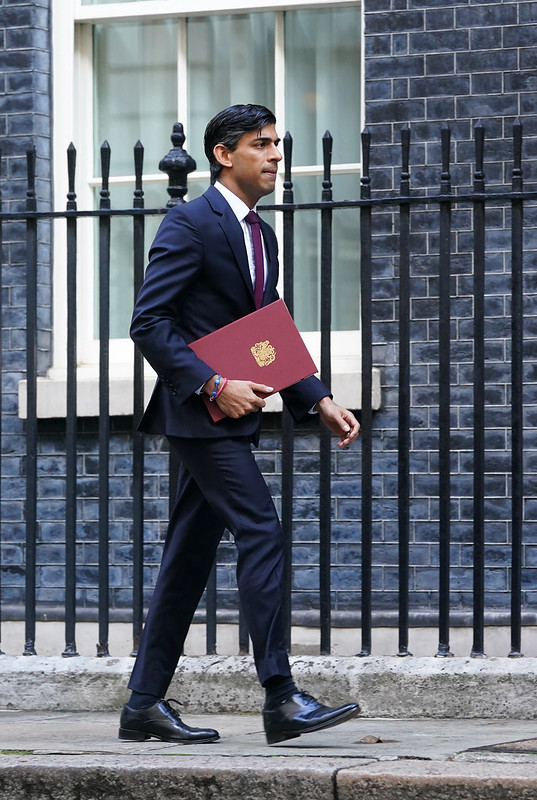
Robert Skidelsky comments on the 2021 budget
“I am highly sceptical about this story of ‘pent-up demand’. A shrinkage in national income by 10% implies a fall, not rise, in national saving. Saving out of income may go up, but income itself is lower. That’s why it’s not like in a war, when you have full employment and rising wages, but less to spend money on. “
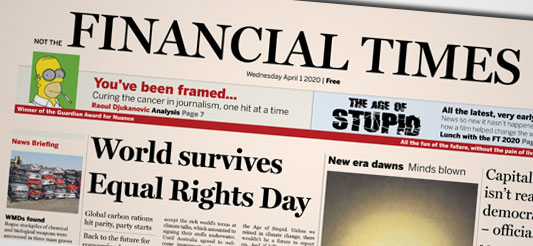
PEF Council letter to FT on social infrastructure
The regeneration of Britain’s ‘national infrastructure’ must include investment in ‘social infrastructure’ such as childcare, schools and universities, regional theatres, orchestras, common spaces, and local sports.
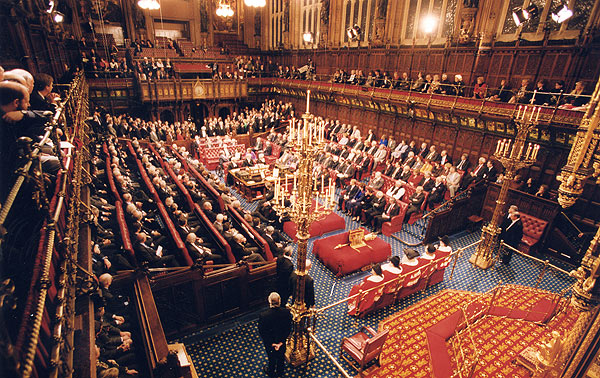
House of Lords Economic Affairs Committee reports on employment and Covid-19
When the economic affairs committee of the House of Lords agreed in July 2020 to direct its next inquiry into “employment and Covid-19” the general expectation was that there would

Sustaining and creating employment now and post Covid
The focus of economic policy should be on maintaining a high, sustainable level of employment. This is correct theoretically, practically, and socially. It counterbalances the capitalist market system’s tendency not to create a high level of employment.

